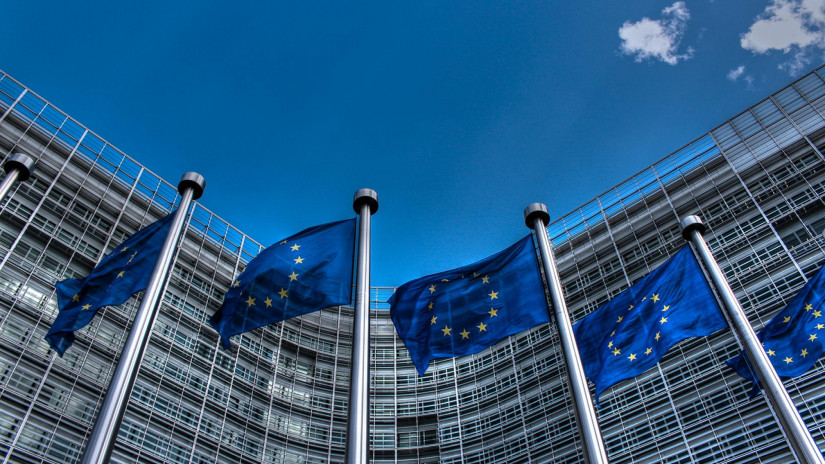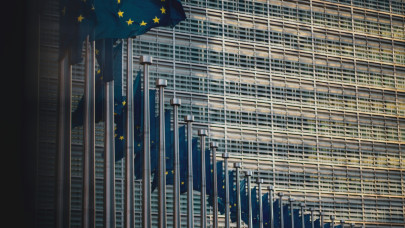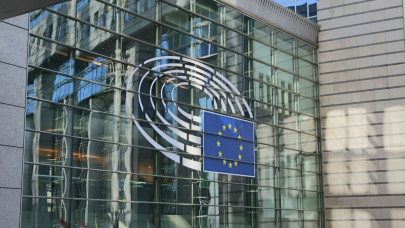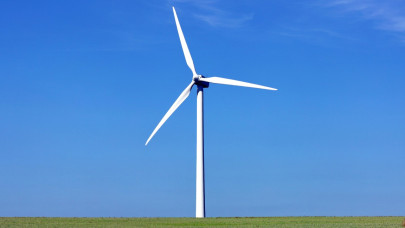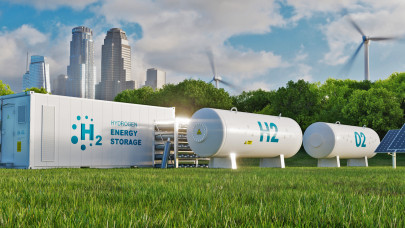“The EU and Uruguay share the ambition to boost the use of renewable energy sources, in line with our ambitious climate goals. We are aligned on the need for a rules-based, transparent, undistorted global hydrogen market with reliable international standards and certification schemes to support the clean energy transition. This Memorandum of Understanding provides us with a basis to guide and intensify our work on these matters, as we both strive to reach climate neutrality by 2050”, says President of the European Commission Ursula von der Leyen.
The Memorandum signed sets out the objectives and paved the way for a future roadmap outlining specific activities supported by the Global Gateway investment strategy. Potential areas of cooperation include reviewing and deepening actions and policies for the promotion of energy efficiency as well as exchanges regarding policies on renewable energy and renewable hydrogen and its derivatives. More specifically, this cooperation on research and regulatory issues will include work on definitions, methodologies, sustainability rules, certification systems, and measures to stimulate the improvement of energy efficiency and the uptake of renewable hydrogen.
”We will also work together on directing investment towards these critical areas, by providing potential investors with maximum clarity concerning financing in both the European Union and Uruguay”, say the UE representatives.
This Memorandum underlines that investments in renewable energy, energy efficiency, and renewable hydrogen and its derivatives need to comply with the relevant environmental legislation related to marine and land sectors in both the EU and Uruguay, to ensure that we tackle in parallel both the climate and biodiversity crises. Furthermore, policies promoting energy efficiency, renewable energies, and renewable hydrogen and its derivatives should duly take into account the protection, conservation, and restoration of water systems and water-related ecosystems.
The EU and Uruguay have recently started an energy dialogue that covers renewable energy, energy efficiency, and renewable hydrogen, continuing the fruitful political dialogue based on the Framework Agreement for Cooperation between the EU and Uruguay signed in 1992. Both sides share the goal of reaching climate neutrality by 2050 and recognize the key role of energy efficiency and renewable energy in achieving the objectives of the Paris Agreement.
The European Commission coordinates the development and implementation of the EU-LAC Global Gateway Investment Agenda (GGIA). The GGIA is a political commitment to work together, identifying fair green and digital investment opportunities in Latin America and the Caribbean, which will benefit from the open environment generated by trade and investment agreements and will help achieve the Sustainable Development Goals. It highlights over 130 illustrative projects across countries of Latin America and the Caribbean to leverage smart investments promoting sustainable growth in key sectors like health, renewable energy, digital connectivity, critical raw materials, research, and innovation.
The GGIA will be delivered through Team Europe initiatives: the EU, its Member States, development financing institutions including the European Investment Bank (EIB), export credit agencies, and all other public sources of funding will be working together in public-private partnerships with the private sector.

